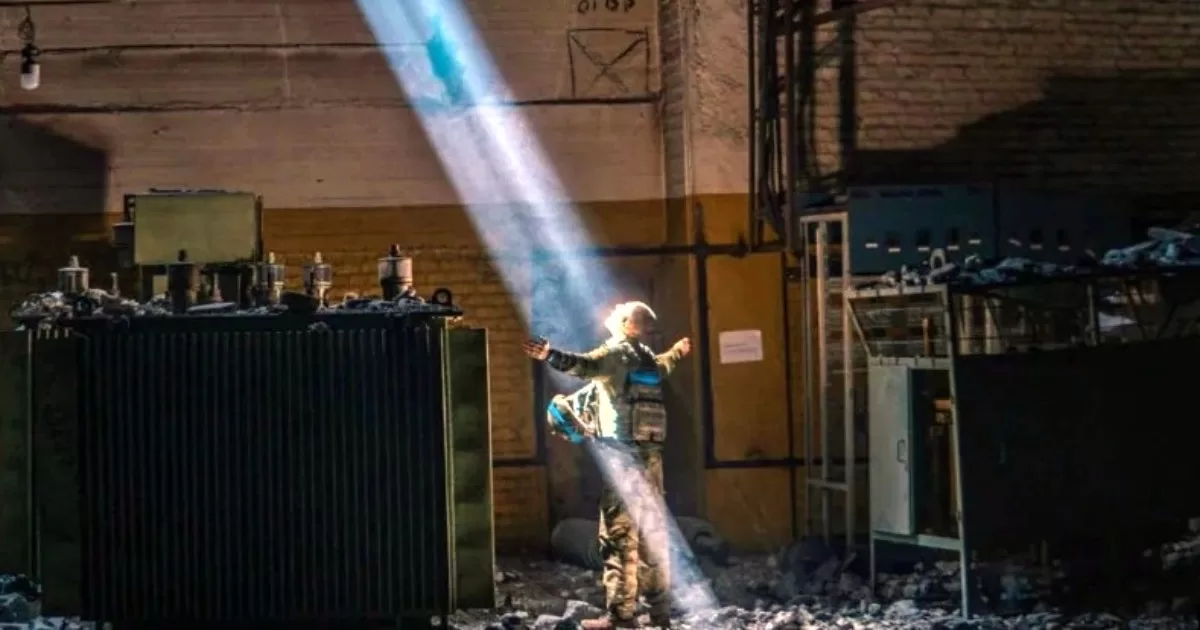During a large-scale prisoner exchange in which 1,000 Ukrainian defenders were returned home, not a single fighter from the 12th Azov Special Purpose Brigade was among them. This was confirmed by the official press service of the Azov Corps and officers of the unit.
According to Azov, servicemen of the 14th “Chervona Kalyna” Brigade and the 15th “Kara-Dag” Brigade — both part of the 1st Operational Corps of the National Guard — have returned home. However, none of the defenders who fought in Mariupol were among them.
Colonel Denys Prokopenko (“Redis”), commander of the 1st Corps of the National Guard, wrote on Facebook that the absence of Azov fighters among the released was a disgraceful situation:
“Among the one thousand Ukrainian prisoners of war exchanged today, not a single Azov fighter. But a scumbag returned — the one who begged Russian guards for a knife to slit our boys’ throats.”
Prokopenko emphasized that Azov fighters have been held in Russian captivity for four years, under inhumane conditions and constant pressure. Yet, they are repeatedly excluded from exchanges, despite the fact that they surrendered by direct order of the Ukrainian command.
“If the Russians absolutely refused to return Azov fighters, neither I nor other brothers-in-arms would have been released. The problem lies elsewhere,” he stated.
He called for new approaches to be pursued, including offering prisoners who hold more value for Russia — such as agents or Moscow Patriarchate figures active in Ukraine — in exchange for Azov fighters. He also proposed involving Ukraine in broader international prisoner exchange mechanisms, using its unique experience and access to intelligence valuable to the West.
Azov officer Davyd “Khimik” Kasatkin added:
“In three days, zero Azov fighters have been returned. It’s fair to say that those negotiating for the past four years have utterly failed. Negotiation is not just numbers — it’s also about honor.”
Azov representatives have openly expressed distrust in those responsible for the exchange process and are demanding new strategies:
“The price for our fighters is high. But I refuse to believe there are no ways to bring them home. Some people just aren’t trying hard enough.”
As of May 2025, over 800 Azov fighters remain in Russian captivity — nearly four years since the defense of Mariupol.
